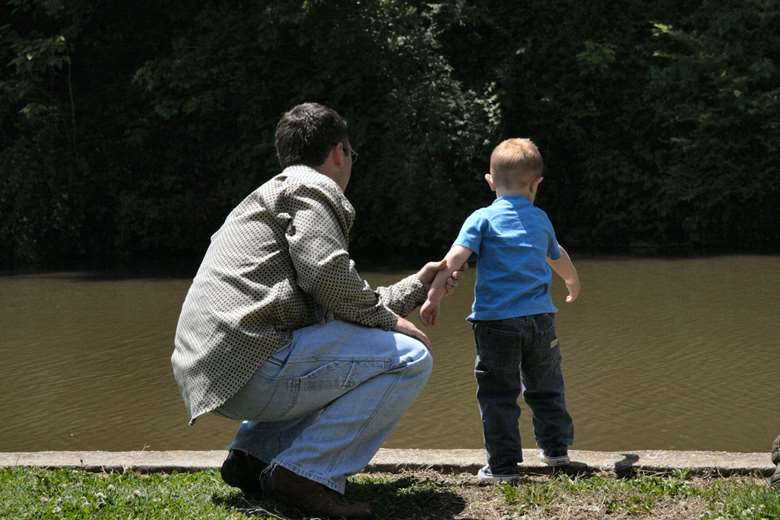Adoption scorecards published amid widespread criticism
Janaki Mahadevan
Friday, May 11, 2012
Local authority leaders have jointly condemned the government's new adoption scorecards.

The Local Government Association, the Association of Directors of Children's Services and the Society of Local Authority Chief Executives have all spoken out against the scorecards, which rank councils' performance against adoption targets.
In a joint statement, the organisations said the cards fail to provide comparable data between local authorities and could put potential adopters off.
The statement said: “The adoption scorecards have the potential to cause unnecessary and avoidable concern in communities and may put prospective adopters off.
“The data fails to provide a sound basis for comparison across local authority areas. For example, one council’s Ofsted-rated outstanding adoption service looks like a poor performer in the scorecard – and this is simply not credible.
"We have engaged constructively with the Department for Education and are therefore even more disappointed that our shared improvement agenda is undermined by a misleading use of data.
“Councils simply cannot risk shifting their focus from the quality of placements to the speed of placements."
Hackney council, which came at the bottom of the table in terms of how quickly it places children in adoptive homes, said the scorecards were misleading.
Alan Wood, Hackney’s director for children’s services, said: “Getting children adopted within timelines is clearly a priority for all local authorities. It is, however, critically important to get the placement right, first time.
"In Hackney we have had no placement breakdown over the past three years, compared with a national average of seven per cent. That is a figure that means we are getting it right, and one we are very proud of.
“One of the most catastrophic things that can happen to an adopted child
is for their placement to break down and for them to end up back in care.”
Wood welcomed the commitment in the Queen’s Speech to reduce court times for care proceedings, but said a drive to reduce adoption timescales should not come at the expense for finding permanent homes for children.
“We have a low rate of taking children into public care, which means the children we place for adoption are from highly challenging backgrounds, often with complex special needs and disabilities, and sometimes in large sibling groups,” he explained.
“It is always more challenging to find homes for children like this, but we don't give up on finding permanent homes for them, and we acknowledge that has a negative effect on our figures.”
The British Association of Social Workers (BASW) added its voice to the criticism, saying the government's focus on delays in the adoption system is demoralising social workers.
Nushra Mansuri, professional officer at BASW, said: “We speak to adoption social workers all the time who say they feel demoralised and let down by the government’s posturing on adoption.
"Local authorities cannot be compared like for like across the country, because they each have different populations and resources.”




